This “Limited Edition” Blu-ray from Arrow Video will be released on July 4th.
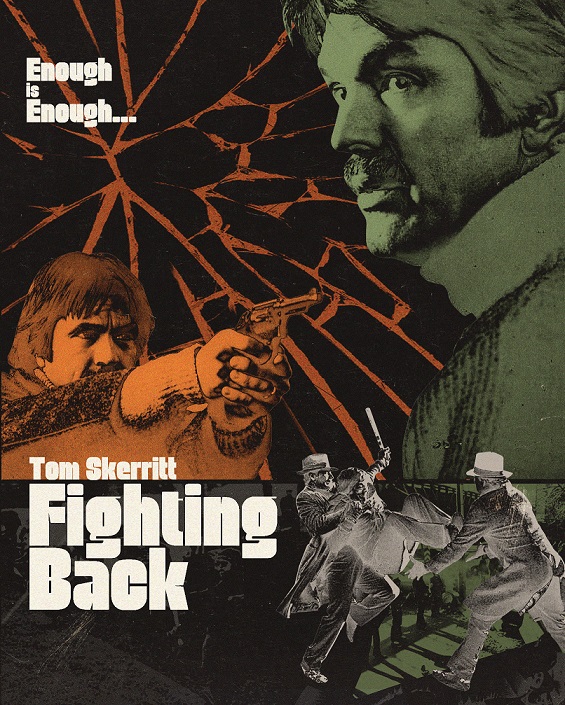
Since its beginnings, American action cinema has often presented proactive individualist heroes who ignore the advice of authorities and use unusual (and sometimes illegal) methods to stop crime. Westerns are full of these kinds of protagonists, as are vigilante films. While this subgenre might seem recent, it actually has been around from the beginnings of cinema. Of course, modern vigilante titles hit a big period of popularity during the 1970s and early 80s, thanks to titles like Straw Dogs, Dirty Harry, Shaft, Death Wish and Walking Tall, to name but a few. Fighting Back was a picture from Paramount (who were also responsible for the Death Wish and Death Wish II) that followed the above successes, arriving from Italian producer Dino De Laurentiis. Now, Arrow Video is debuting this picture on Blu-ray with a sharp new transfer and some nifty bonus features.
Philadelphia native and Italian-American delicatessen store-owner John D’Angelo (Tom Skerritt) is concerned about the level of crime that is overtaking his neighborhood. His wife Lisa (Patti LuPone) suggests the family move, but a frustrated John feels like it’s the felons who should be run out of town. Best friend/cop Vince Morelli (Michael Sarrazin) says his hands are tied and that there’s little authorities can do. After his wife suffers a miscarriage from a violent incident and his own mother (Gina DeAngeles) and son (Jonathan Adam Sherman) are terrorized during a store robbery, John decides to take action. He forms a Peoples Neighborhood Patrol with neighbors. As expected, the lead is less-than-subtle, attempting to use brutal force to stop hoods. In the process, he becomes a public hero and is convinced to run for council. In the meantime, violence escalates between himself and main foe Eldorado (Pete Richardson) that ultimately causes more death and devastation.
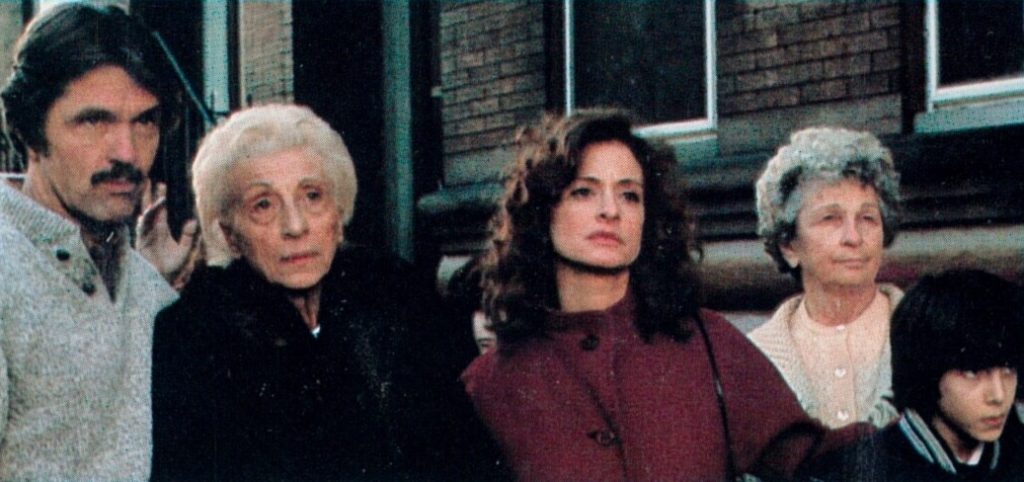
These pictures are certainly of their time and do their best to shock viewers with scenes of innocent citizens being needlessly abused, and then taking retribution on their tormentors. By today’s standards, it’s all a little crazy to witness. The movie is as blunt as a hammer over the head and the nasty acts of the bad guys are incredibly over-the-top, doing the cruelest things possible in every given situation. This includes chasing a pregnant woman, as well as slicing up a family pet and hanging the butchered animal in the home of the owner. Even for these criminals, it seems exaggerated and a poor use of their time. But, as in all other vigilante titles of the era, it’s all set up to present them as deserving of punishment.
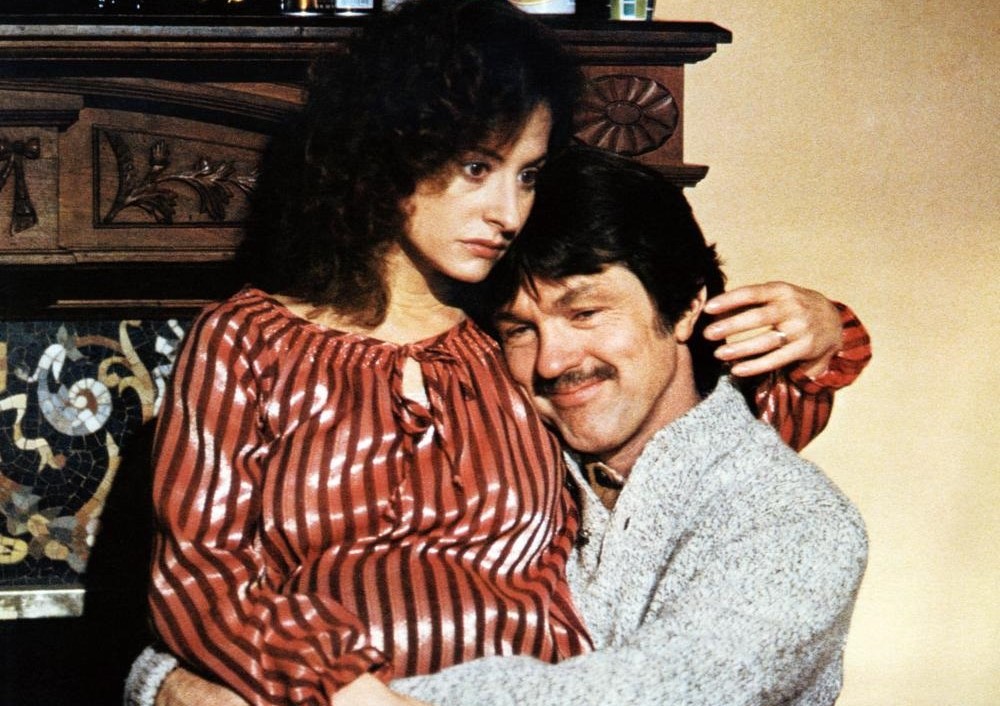
Wife Lisa is initially furious with her husband and even threatens separation, but after the second attack turns on a dime and condones the vigilante group’s acts. It’s a strange and sudden turn that isn’t clearly defined. John does seem to primarily target minorities, which makes these extreme acts even more disturbing. Thankfully, the movie does attempt to address this, introducing the leader of another neighborhood watch named Ivanhoe Washington (Yaphet Kotto). Ivanhoe accuses John of targeting black men specifically and notes that there’s a deeper root to the problems plaguing the streets that needs to be addressed.
Admittedly, the movie doesn’t go to great lengths to deal with this element, but at least it does make note of the real cause of the problem. Some behind the scenes bits at city hall with the Police Commissioner (Ted Ross) and John’s public persona and run for city council also add a little bit of uniqueness to the proceedings. Rarely in vigilante pictures are the protagonists talking to the media and being upfront about their dubious tactics. Even though it’s a tiny part of the story, a request for help from the lead made to the mafia is an interesting detail.
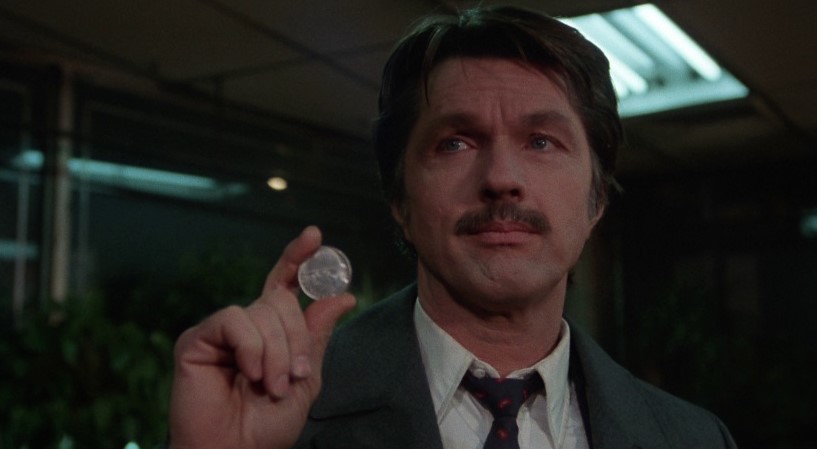
Director Lewis Teague (Alligator, Cujo, Cat’s Eye) does handle the action well. There’s a great chase featuring a mugger fleeing down the street that is dynamically captured. And while it doesn’t delve deeply into its subject, the film does move briskly. The camerawork is slick as well, adding a sense of energy and tension to the proceedings. Locations are also a standout, with the characters enduring some less-than-ideal outdoor conditions during filming.
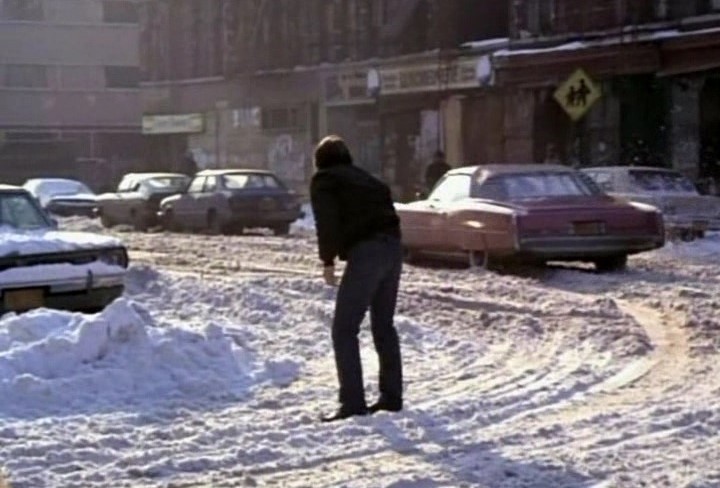
The movie feels dated and there are certainly some questionable elements, but it is representative of revenge pictures of its era. It also attempts to bring up negative aspects of community vigilantism, including the effects it has on the participants, and the racism that can surface from it. Even if the film doesn’t take a long and nuanced look at these issues, the screenplay and cast do make an attempt to bring these matters to light. Skerritt is a solid lead who communicates his character’s rage effectively and the supporting cast add some gravitas to the proceedings.
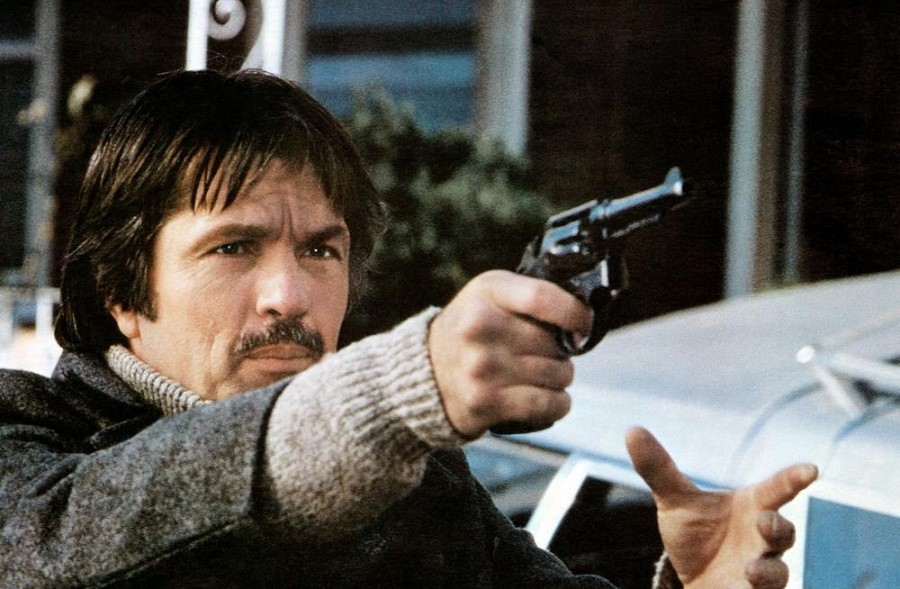
There isn’t another source of this quality to compare the image to. Visually, the movie looks remarkably sharp while still possessing a sense of grit and grime on the streets (some of the press images posted here don’t do the transfer justice). The bonus features are excellent as well.
The highlight is a 30-minute interview with director Lewis Teague, who talks about his start and what landed him this gig. He’s very honest, admitting that over the years he hasn’t been able to get many of his own projects funded and that his films were essentially brought to him by producers. He also criticizes a few decision he made on this film, particularly the opening scene, which he feels should have been more subtle in its delivery.
This leads to a great story about his first meeting with Dino De Laurentiis, as well as working with the cast and trying to make the best of the script assigned to him. He also shares experiences working with the Italian and Italian-American crew, including one unexpected confrontation with an associate producer that resulted in a major shooting issue. The solution, suggested to Teague by De Laurentiis over the phone, is very clever and results in an amusing story.
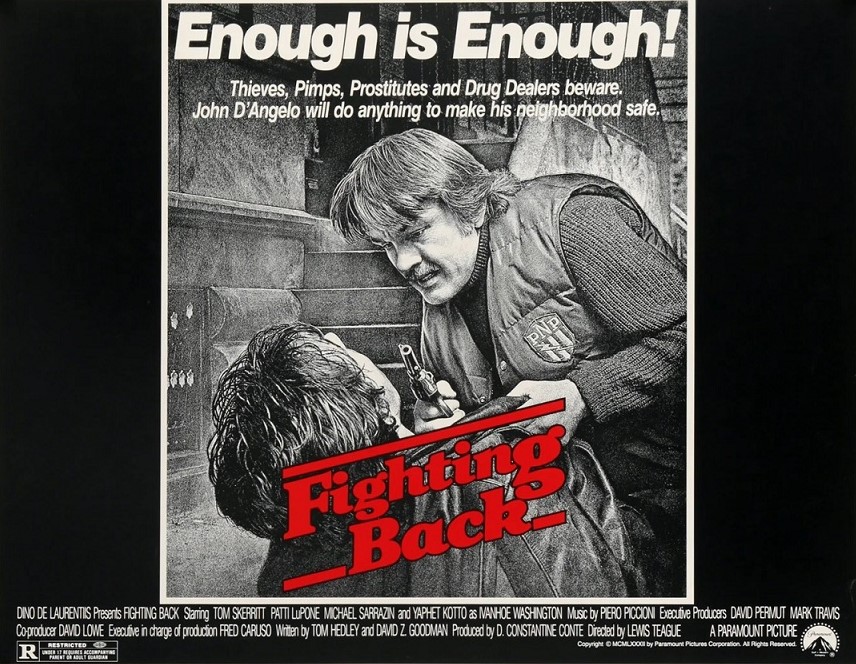
Teague also described his start in the industry, struggling to make an impact with TV work. His comments about his 1980 film Alligator are fascinating. In particular, the fact that the producer did not care about spending to promote the movie (he had already doubled his money on the project before it hit theaters). Teague was forced to go out and promote the title himself, which resulted in critical praise that landed him his meeting with De Laurentiis.
There’s also a discussion with Italian camera operator Daniele Nannuzzi, who talks about working around language barriers. He also notes being in Italian-American communities and noting how they actually felt quite different from his homeland, and more like going back in time to the Italy of his grandfather’s era. It’s a fun and interesting talk
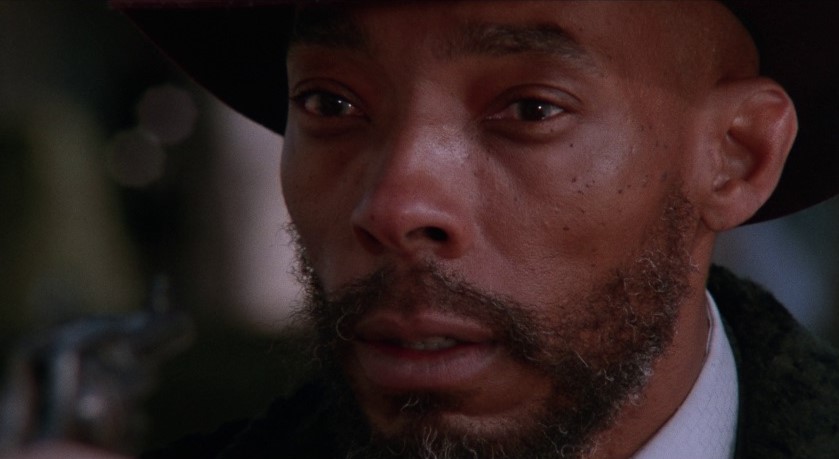
Additionally, this release includes a UK trailer, US TV spot and an image gallery. It also comes with a double-sided fold-out poster featuring both new art and the original one-sheet for the film. There’s also an impressive illustrated collector’s booklet featuring new writing on the title by movie critics and another lengthy interview with Teague.
I’m not the biggest vigilante film enthusiast and the movie has its share of problems. There are story elements that it could have developed more to help set it further apart from its contemporaries, but it features an above-average cast, a few memorable moments and tries to leave viewers contemplating some of the underlying issues with its subject. The picture quality is strong and the extras are great. If you enjoy the original Death Wish and similarly-themed films of this era, the Fighting Back Blu-ray is definitely worth checking out.


